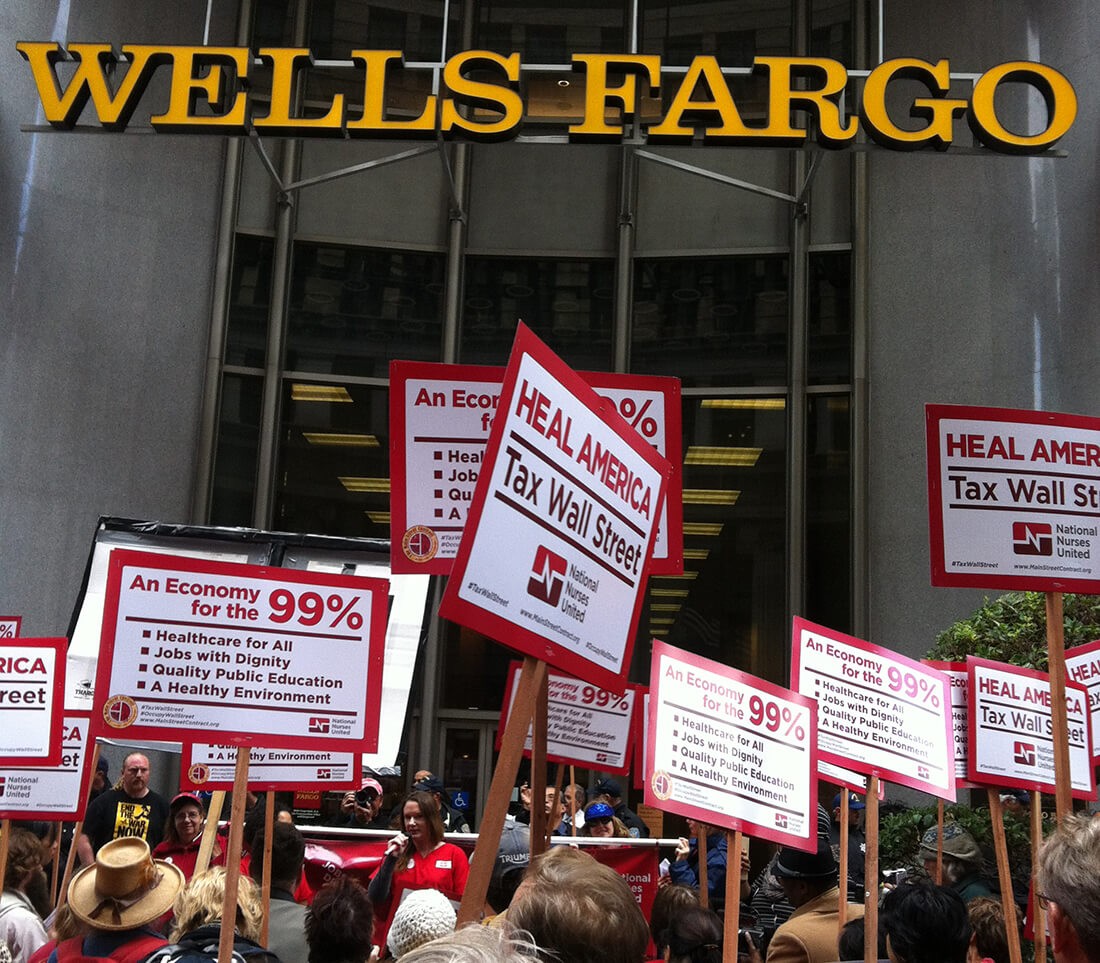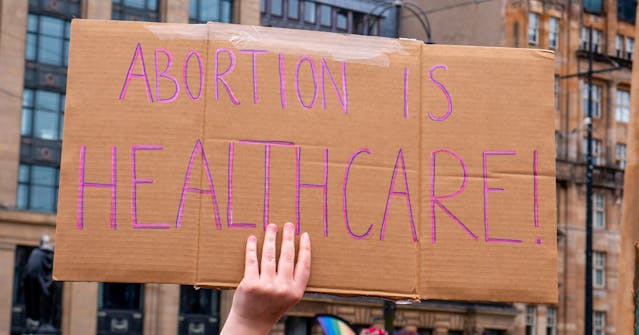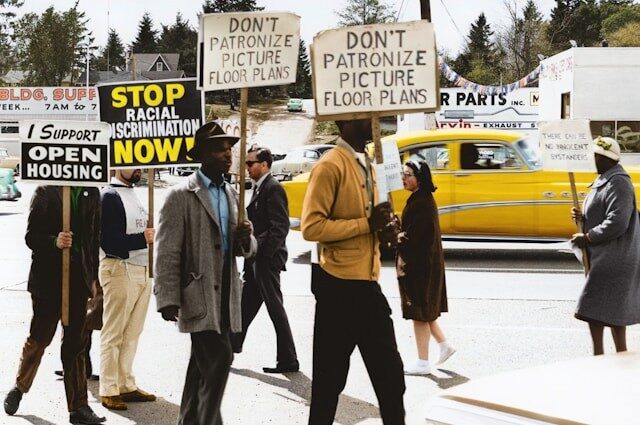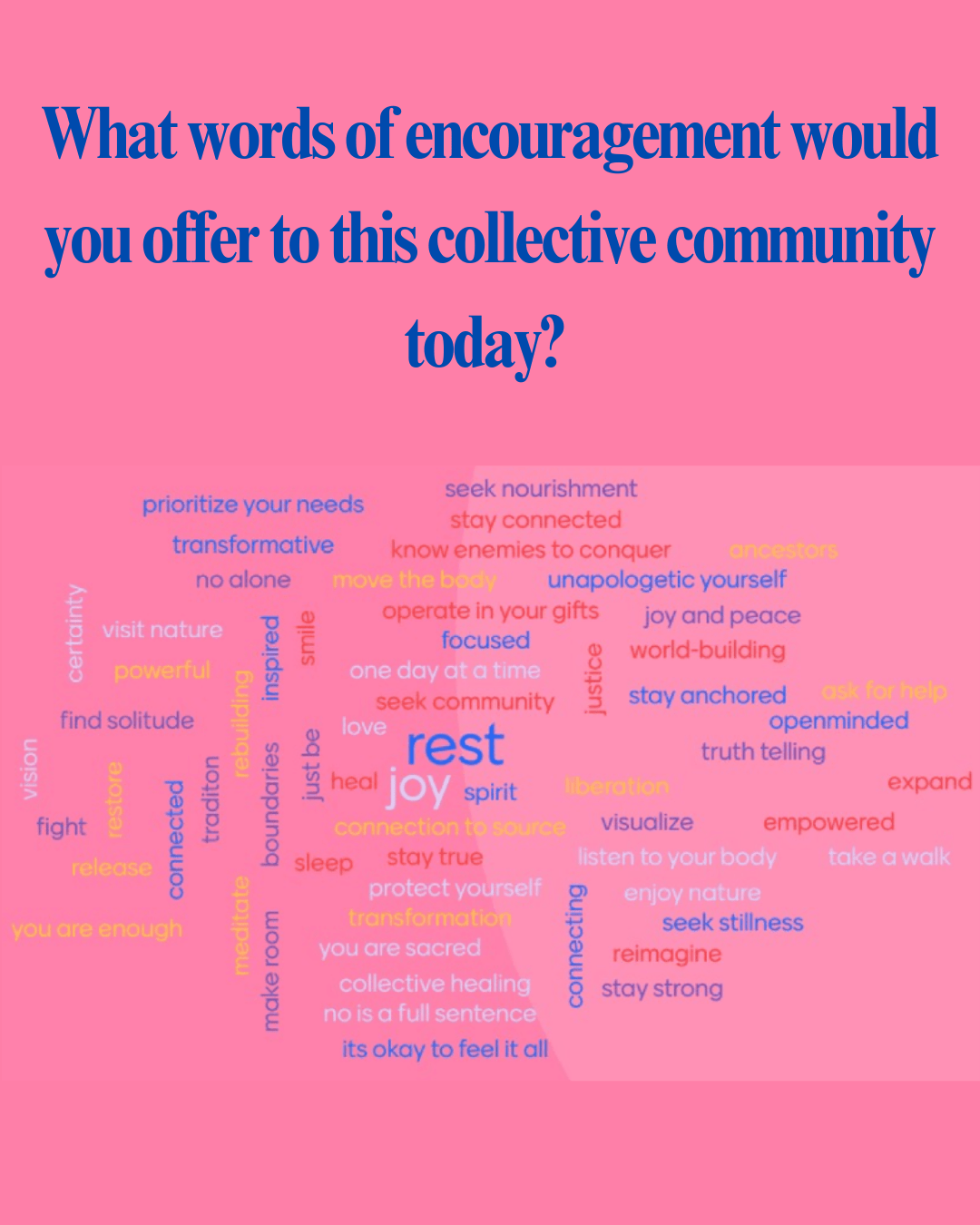
By Peter Dreier
When affluent people compete with poor people for a scarce supply of housing, guess what happens? Home prices and rents go up, and the poor are pushed out. In a nutshell, that’s the formula that fuels gentrification.
Most news stories about gentrification focus on symptoms rather than the causes. To put a human face on gentrification, journalists typically report on upper middle-class professional couples looking to buy or rent a home in a city where they can be close to work, public transit and amenities. As more people like them move into the area, commercial rents escalate and new retail businesses — coffee shops, art galleries, clothing stores, gourmet cheese shops, yoga studios and others — replace long-standing local family-owned businesses.
The news stories typically juxtapose those “gentry” with lower income working class families who can no longer afford to live in a neighborhood that they — and perhaps their parents and grandparents — inhabited for decades, even generations. They are pushed out of their communities, displaced from friends, family, neighbors, churches and other social ties. They often wind up living far away, paying much more for rent in a more crowded dwelling, typically a long distance from their jobs, with the emotional scars that come with being displaced persons, like refugees. (Read more)








